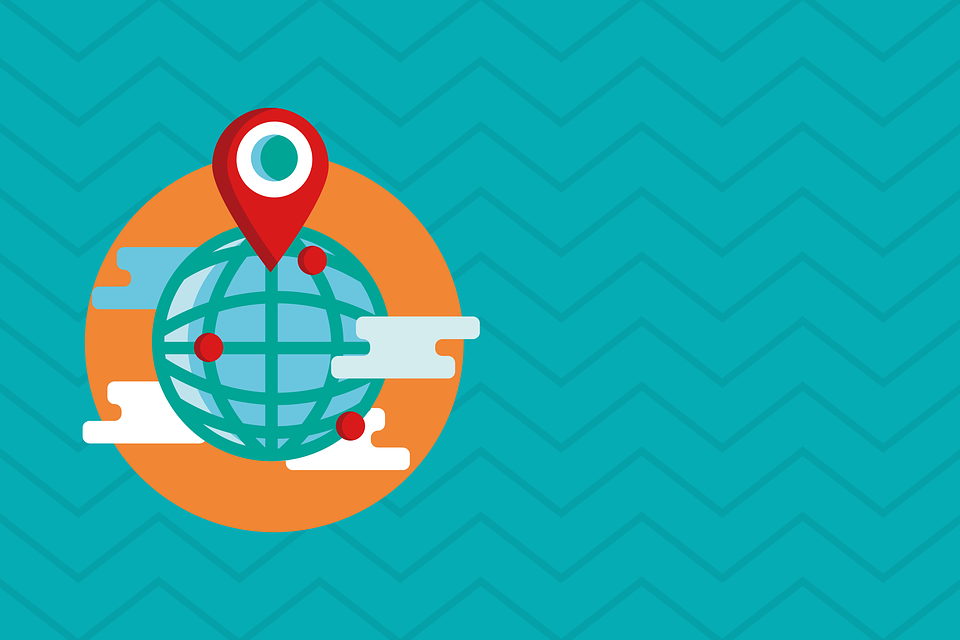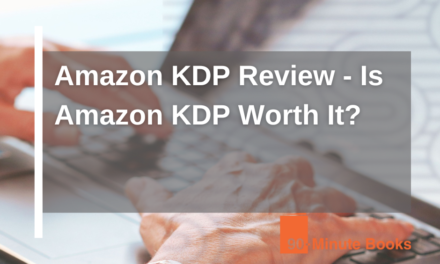Any business that wants to market itself online can benefit from SEO. It is a small investment that can go a long way and send locals to their website.
Starting a business online can be very scary for any small business owner. Any business can improve its website ranking on search engines by investing in search engine optimization, which can be a small but impactful investment, and making sure its website is visible to local buyers. Local SEO is a good way to promote and market your business on the Web. Here are 15 low-cost marketing techniques to help drive traffic and sales to your website.
What Is The Difference Between SEO And Local SEO?
If you have a website and want people to find it, rank higher in search engine results, and get more traffic, then you need to consider practicing SEO. If you have a website that you want people to be able to find easily, you should consider using search engine optimization (SEO) techniques. SEO can help you rank higher in search engine results pages (SERPs), leading to more website visitors.
SEO is to make your website more visible on search engines.
The keyword there is GLOBALLY. This is what makes SEO and local SEO different.
Local SEO focuses on your business’s proximity to its audience.
SEO refers to optimizing a website for Google search to earn higher web traffic levels and improve the site’s visibility. Local SEO specifically targets Google searches that are made with location-based modifiers.
Understanding the difference between qualified and unqualified leads is important to better target your marketing efforts.
We are not saying you should avoid generalized SEO if you are a small local business.
To be honest, having a basic understanding of SEO would be a good starting point for any business owner wanting to learn more about search engine optimization.
However, we recommend that local businesses go beyond simply implementing general SEO practices. Dive deeper.
When you use a specialized form of SEO targeting the consumers most likely to use your business, you can improve your chances of success.
You will get the best results when you have the highest ROI.

FREE BOOK
Discover the 5 Compelling Book Titles Types that create an ‘I Want That…’ response.
What is local SEO?
Local SEO is a way to promote your business online to people who are physically near your business. Your potential customers are looking for you and your products and services online, so it’s important to have a strong online presence.
Why is local SEO important?
An overwhelming majority of local consumers, 82 percent, use search engines to find local businesses, according to a 2009 report by Marketingcharts.com titled “The Great Divide.” Over half of the respondents said they use Yellow Pages directories, and nearly half said they use local directories. Local consumers are going online to find local businesses. If you want to get new or keep existing customers, it’s important to be visible.
The Basics Of Local SEO
We have now examined local SEO and why it is crucial, so next, let us explore what actions can be taken to improve your business’s local SEO.
SEO for location-based searches refers to optimizing your website for searchers who are looking for local results. This can be done by including your city or region in your keywords, setting up your website to be found by local search engines, and creating local-specific content.
A business needs a physical address or location to show up on local search results.
This means your business should appear on Google Maps or other search engines when someone searches for it.
Local SEO can only be effective if there is a geographical location involved.
Additionally, if your business address is not updated in Google My Business and other online directories, this can lead to confusion and may cause potential customers to look elsewhere.
If a customer searches for a business using a “near me” or “in *locality name*” search, that business will not appear in the results.
The next thing you need to do is ensure that your business’s name, address, and phone number are the same on all of the online directories you use.
If Google discovers any inconsistencies in your business listing, your business will likely be left out of the local 3-pack.
It is ideal to stay on top of your listings at all times.
There are two ways to manage your online listings – you can either do it yourself or use a tool like Synup to do it for you. Synup is a handy tool that means you don’t have to manually update each directory, saving you time and effort.
Citations from local businesses can help improve your business’s local SEO.
A citation is when a website lists your business as a reference point. This text could contain your business name, location, or contact info.
A backlink to your business’s website is not required.
A food blog citing your restaurant as a great place to eat in your area is one example of a citation.
Saying your business is trustworthy to Google will make it more likely that your business will be one of the top three local businesses when someone searches for something related to it.
Mentioning your business in other people’s content is a great way to build awareness and reach new audiences.
7 Marketing Techniques to Grow Your Business
-
Submit Your Website to Search Engines
First, submit your website to major search engines, including Google and Bing. This will be the easiest of the 15 techniques but also one of the most important.
Local search engines can be more beneficial, depending on the location. For example, Yandex would benefit someone in Russia, Baidu for someone in China, and Kvasir for someone in Norway.
2. Make Your Website Easy to Use
Before promoting your website on different online platforms, check that your metadata is correct and compliant with Google Webmaster standards. On-site optimization includes page titles and meta descriptions. Page titles should be reflective of your business name as well as one to two keywords that you would want web visitors to be able to find you with. Too many keywords in your title and description will make it seem like you’re trying too hard to keyword stuff, which will turn people off. Write titles and descriptions that naturally include your keywords and sound like something a real person would say.
Search for your competitors to see what words they are using to attract traffic from the web
3. Implement Google Analytics
Although web host providers will frequently attempt to include analytics and data packages, the most effective, free analytics tool available on the web is Google Analytics. You can collect web traffic data two minutes after signing up and implementing the code. The data collected about web traffic can include the number of visitors, how long they spend on the site, where they are located, and how they got to the site. This is significant data that can be used to promote your business.
You should start by mapping out goals on your website and tracking your progress once your account starts collecting web traffic data. The goal of this company is to get people to sign up for their newsletter.
4. Add Your Business to Google+ Local
Adding your business to Google+ Local is the next most important technique to implement after creating a Google+ Page. The Google local business directory is a great way to get your business information. More people search for businesses online than anywhere else, so it’s a great way to get your business noticed. It’s free and simple. You can also manage your listing information, which includes your business description, product/service details, photos, videos, and offers.
It is beneficial for your Google listing to have a 100 percent score; most local businesses don’t have a listing that reaches 100 percent.
5. Create Social Network Business Profiles
Social networks are a great way to promote your new website if you move your business online. Consider joining the business pages of popular social media platforms like Google+, LinkedIn, Facebook, and Foursquare to reach more potential customers. Make sure you claim your business URL. For example, facebook.com/mylocalbuisnes.
- Facebook for business
- Twitter for business
- LinkedIn for business
- Foursquare for business
You will get trustworthy links from these profiles at no cost. If you want to appear higher on Google, you need to get more links to your website from trustworthy sources.
Get your family and friends to support your new business by being the first to like or follow it. Don’t waste your money on buying friends from third-party websites. Build your social media presence naturally.
6. Launch an Online Marketing Campaign
The only activity on this list that requires payment is Google AdWords. Google AdWords is a tool that lets you choose keywords to target for your online marketing ads to attract visitors to your website based on what customers are searching for. Every time your advertisement is clicked on, you will pay Google a sum of money that you set before your campaign is launched. You don’t need to pay if no one clicks your ad.
You don’t have to spend much money to launch a Google AdWords campaign. You can start with as little as $15 per week and increase your budget if you get more bookings. The advantage of using Google AdWords is that ads can be targeted to a specific location, such as a state or town.
When creating a campaign, use ad extensions that include local information like your phone number and Google+ page. This will help you connect with potential customers in your area.
7. Get Listed in Local Directories and Local Listings
List your website in local directories to increase the number of trusted inbound links to your site. Adding your business to most directories is free, resulting in more potential customers visiting your website. If a restaurant has good Yelp ratings, it can expect to see a 19 percent increase in reservations, according to Mashable.
Almost immediately after adding a small business to local directories, the percentage of web traffic from mobile devices increased from 0 to 18%. 30% of all web traffic came from referrals.
Although BrightLocal’s survey found that claiming business citations is the seventh most important local search ranking factor, the survey also found that it is one of the top five most important factors.
To learn where your competitor gets links, go to opensiteexplorer.org and click on the “linking domains” tab.
Guest Post Disclaimer
The views expressed in this post do not represent the views of 90-Minute Books. The information has not been verified and should be considered an opinion. You are always advised to do independent research.











